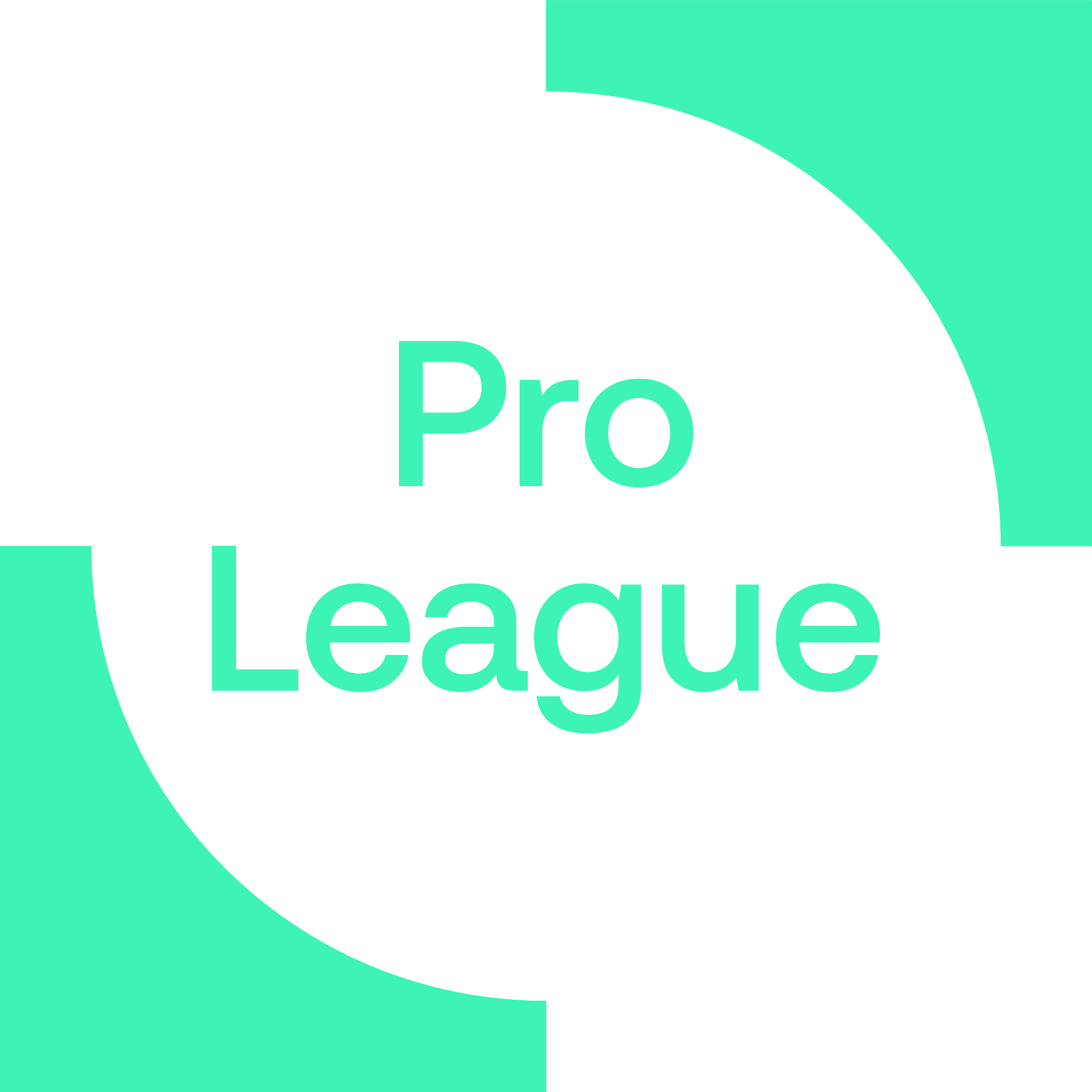About the customer
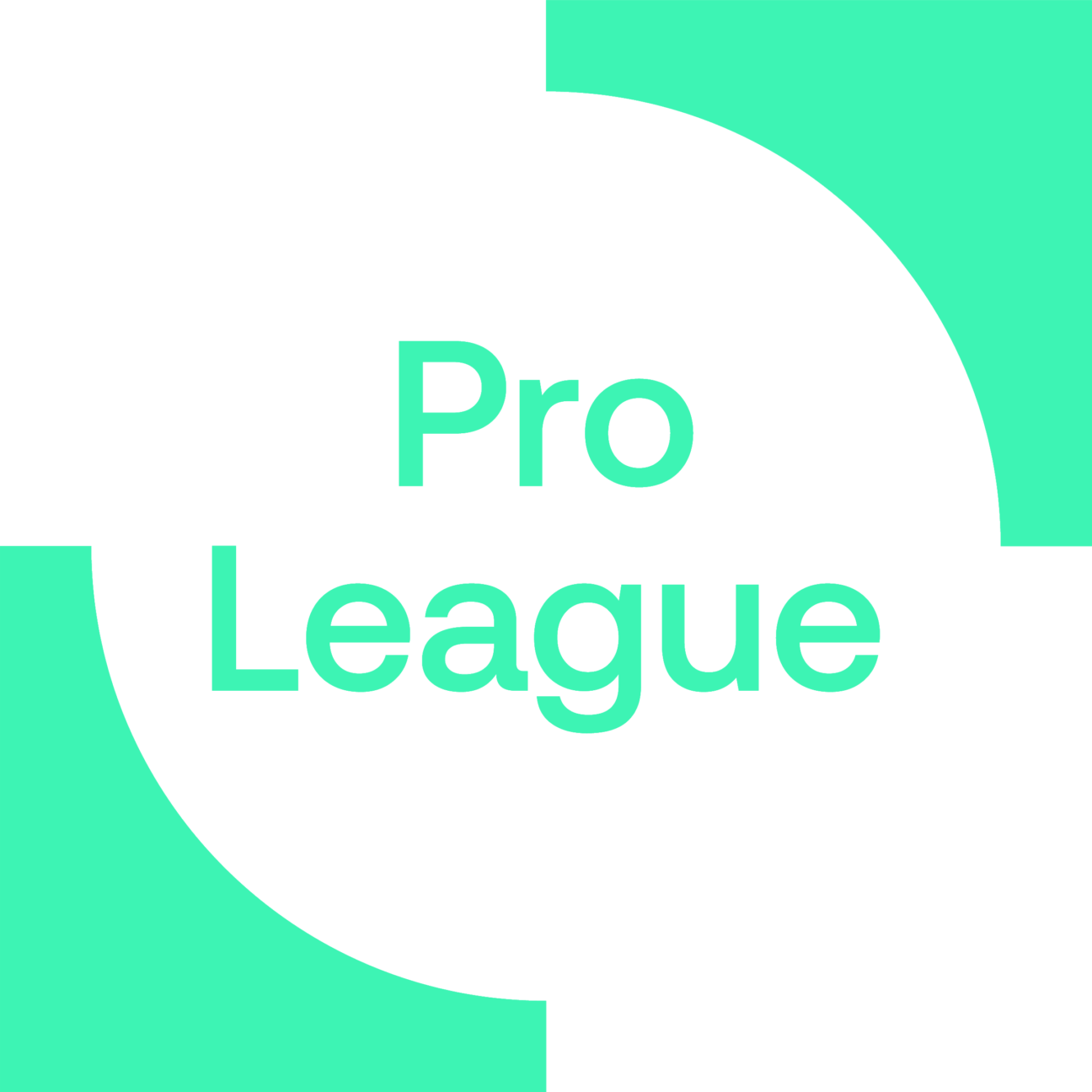
A preeminent figure in the landscape of Belgian football since 1895, the Pro League is responsible for the coordination of championships, either league or cup. Their ultimate goal is to bring the fans closer to the clubs and the clubs closer to the fans.
A small company in itself (13 employees), it actually represents a much broader organisation, as it groups the 18 clubs in the Jupiler Pro League and the 12 clubs in the Challenger Pro League.
The Problem / Challenge
- Pro League’s main problem was the lack of a structured system for collaboration and communication, both internally and with their associated clubs.
- With the existing tools (MS Office), collaboration was difficult: the lack of version history for mailed files prevented an efficient way of working and siloed information made smooth collaboration difficult.
- Knowledge management was consequently insufficient, with lack of handover and centralization.
- Communication as a whole happened mainly via email, especially with external collaborators. This generated excessive mail traffic which impacted relevance and productivity negatively and created a security risk as the safety of links shared via email was not completely assured.
The Goal
In short, the Pro League’s goal was the implementation of tools that would make collaboration and communication easier.
More specifically, their target was twofold:
Firstly, the need for a social intranet, well integrated with their Digital Workplace, and the need for an extranet solution to connect and engage with stakeholders. This meant:
- Breaking the silos between departments and between Pro League and the Clubs
- Re-thinking information structure
- Having a way to manage knowledge efficiently, thanks to the built-in collaboration possibilities and version history
- Having a way to manage tasks and calendars across teams
- Finding information easily thanks to efficient search options
- Centralising all information and tools in one place, accessible both by internal and external collaborators
- Personalizing access to information so as to avoid “noise” and show to the user only that which is interesting to him
Secondly, they wanted to bring the Pro League and the clubs closer together:
- Enabling direct formal and informal communication
- Making everyone’s contact information easily available
- Encouraging delegated content creation
- Federating everyone around a shared vision
- Centralised access to and democratisation of reporting and statistics relevant to Pro League’s stakeholder
- Strengthening the Pro League brand & identity internally and towards stakeholders
Of course, the Pro League also wished all their collaborators to be accompanied through this change and to be properly trained in the use of the tools that would be implemented to fulfil their goals.

We had been looking for a while to organise the communication between clubs and the Pro League more efficiently and to find a central place where all information and documentation was available. The choice of LumApps ensured that our needs were met.
The Solution
Pro League became aware of a lack of structured organisation in documentation and communication, amplified by the specificity of their structure, in which external and internal collaborators work closely together.
Two different sets of tools were implemented in parallel so as to cover every aspect of that specific set of requirements, namely Google Workspace and Lumapps. Google Workspace is a productivity suite that makes smoother collaboration across silos possible, increases efficiency and improves knowledge management, whereas LumApps is a social and collaborative intranet that leverages Google workspace’s features, centralises tools and information, and allows for a personalised experience, whether users are internal or external.
The culture & identity of the company was not impacted by the change, only further supported and facilitated by the new tools.
Every Devoteam G Cloud project starts with an analysis phase to ensure that the needs of the customer are clearly determined. The predetermined scope of the project is consequently adjusted, to ensure maximum customer satisfaction. Over the course of the project, frequent touchpoints with the customer as well as between the internal project teams ensured that any emerging question or previously unexamined need is quickly addressed.
Whenever necessary, the Devoteam G Cloud project team challenges the customer and asks specific questions to make sure that the requirements are sufficiently precisely identified, understood and prioritized. This makes quick, efficient and personalised deployment possible.
Success was likely because the implementation of LumApps and Google Workspace answered a real need. Besides, both LumApps and Google Workspace are easy to use, which is already an important guarantee for user adoption. Finally, in the case of LumApps, there was no concurrence with an existing intranet.
The Methodology
For this project, we created a project team with two groups of experts, working independently but in full awareness of the other team’s progress to avoid redundancy and improve quality: one for the MS Office – Google Workspace migration and one for the LumApps implementation.
In both sub-projects, we made sure 4 deployment streams have our full attention:
- Change Management
- analysis of change and impact on the organisation, processes and users
- communication to inform users about the project and the changes they were going to face. We helped them understand why this change is necessary and what the benefits were for them
- training and support to accommodate users during the change project
- defining the right sponsors and stakeholders
- Project governance – creation and follow-up of the project plan, scope, budget, resources and planning
- Requirement analysis
- Technology – the technical activities that need to be done to set up the new environment and to transfer all data from the ‘old’ environment to the new one; configuration of the LumApps platform
- Support – ensure users are able to work with the new tools and help them to understand the innovative opportunities that are available using the new tools

The cooperation between Devoteam G Cloud and Pro League was very respectful, from the first conversation until the closure. They always made enough time to listen to our problems and the resulting needs, something that was possible in all phases the project. Devoteam G Cloud also ensured that sufficient knowledge was built up internally to be able to handle the challenges of tomorrow.
The Result
A first and immediate result is the self-service opportunities for administrative tasks in the Google Workspace environment: there is no dependency anymore for the creation of new users, the configuration of Shared Drives, etc.
Instant response to ‘admin’ requests and activities are a huge progress and waiting times came to an end.
The creation of Shared Drives increased the transparency and findability of materials drastically: collaborators spend less time searching or asking for information because it’s generally available in Shared Drives that represent the organisational structure.
Access from mobile devices is for some users also a big advantage: information on the go is widely available and this facilitates better and quicker communication and collaboration.
Chat spaces enhance communication and collaboration flows for projects and teams.
During training and Q&A sessions collaborators started to see new opportunities to enhance business activities and transform processes: discussions about text documents or spreadsheets are now included in the files themselves providing a quicker feedback process and integrated view on versions.
As for the LumApps platform, a decrease in global emails sent was immediately noticeable. Despite the summer holidays, three months after Go Live, more than 50% of the onboarded collaborators have been active on the platform on a monthly basis, spending on average 6 minutes on the platform. Additionally, 10% of onboarded collaborators use the mobile responsive version or the application, meaning that the collaborators on the field are connected as well.
These are the key use cases that changed after implementing Lumapps
- News: no longer sent as an email, but published on the intranet/extranet, targeted to the right audience, semantically tagged
- Notifications & mobile app: increasing the reach of Pro League’s stakeholder communication and driving engagement
- Reporting: centralised access and live updates of KPIs & metrics relevant to Pro League’s stakeholders
- Support: an easy-to-use, tagged and searchable knowledge base to support stakeholders in using IT tools and processes for interacting with Pro League

Once our collaborators find their way to the platform, we see that they very often return to the platform, and they also tend to stay longer on the platform. Since day 1, we have seen the number of views per session increase.
Brand Identity
As brand identity was very important for Pro League, the social intranet & extranet platform on LumApps was designed from scratch by Devoteam G Cloud, making sure we offered the best possible user experience while staying 100% on brand.
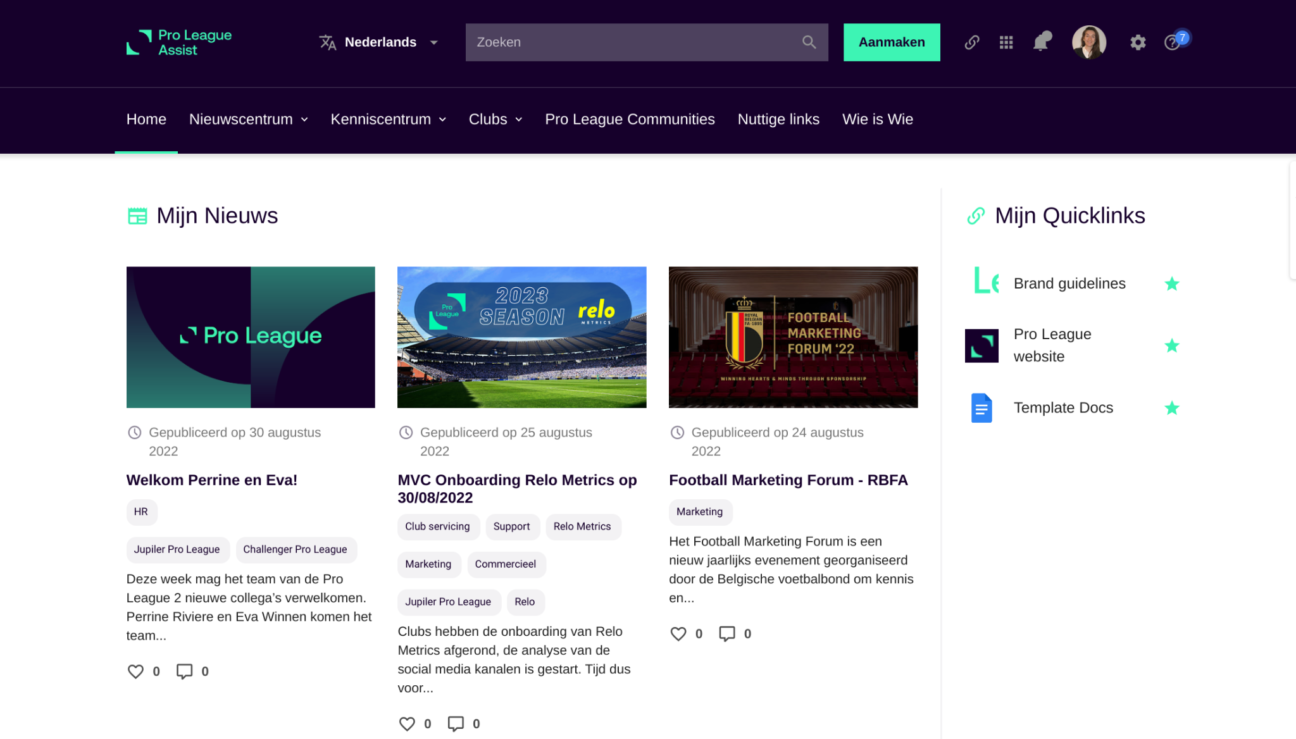
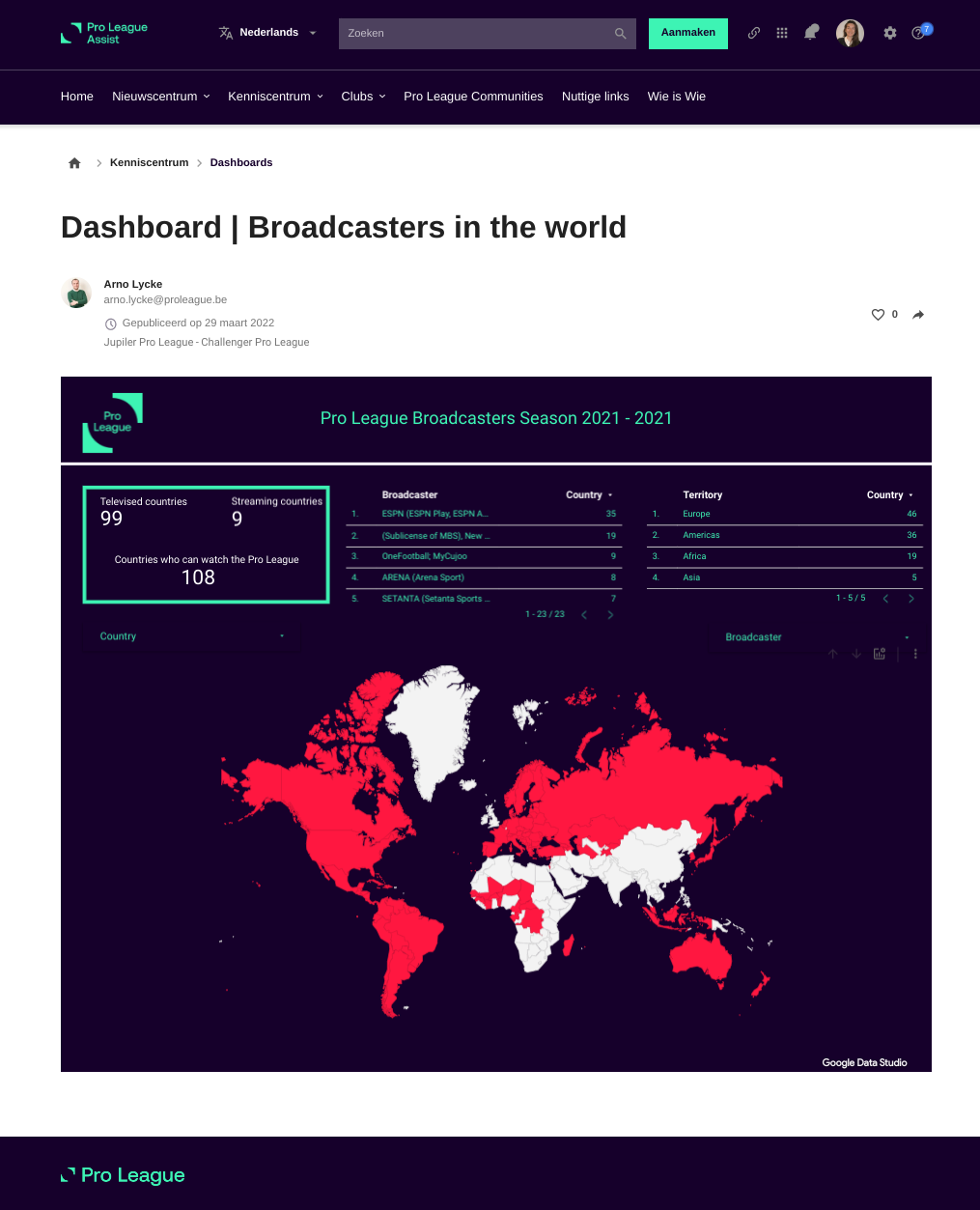
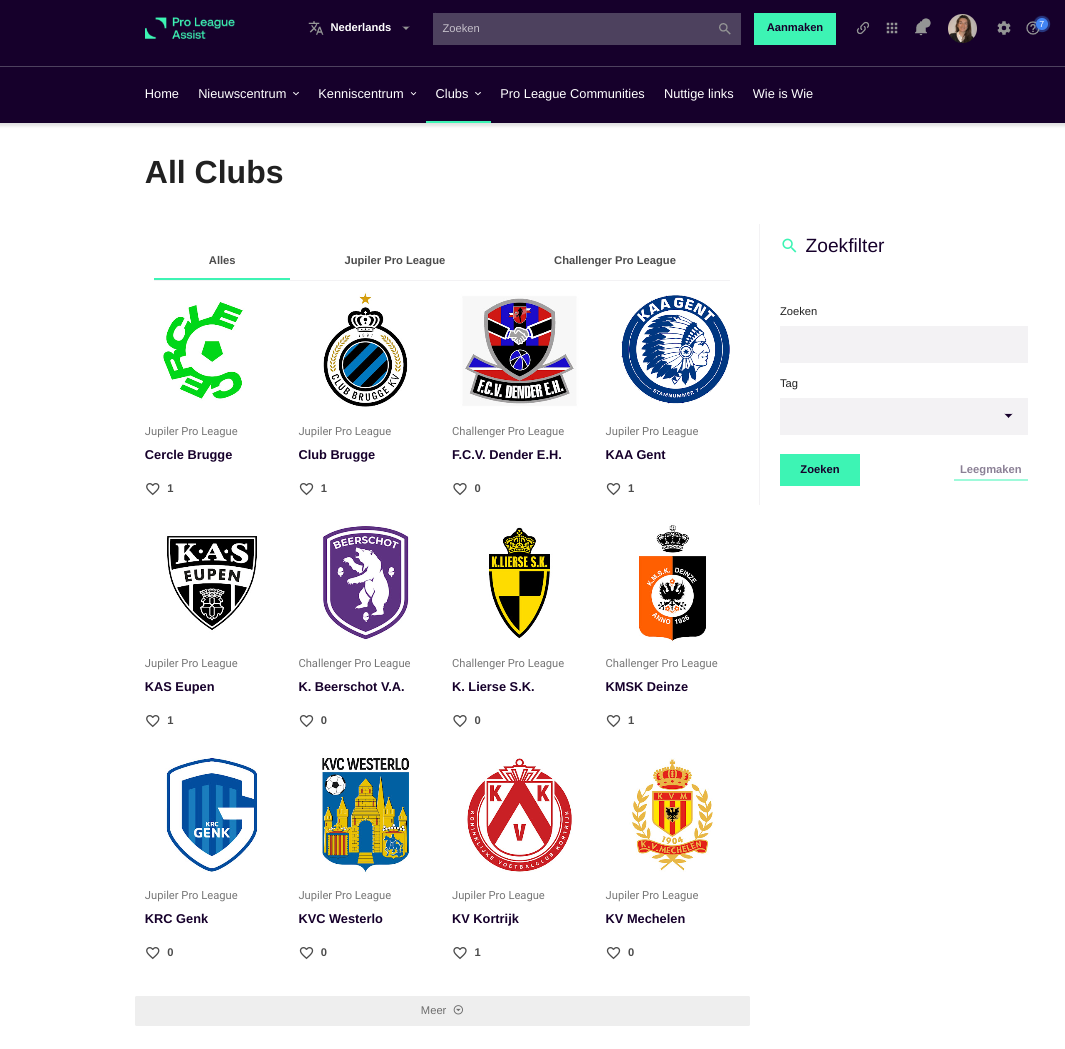

Want to know more about making the switch?
The switch from Microsoft Office to Google Workspace can be a game-changer for your business! With Devoteam G Cloud’s expert guidance, you can rest assured that your migration to Google Workspace will be a success. We created a comprehensive checklist that outlines the 6 steps for a successful communication strategy when migrating to Google Workspace.
